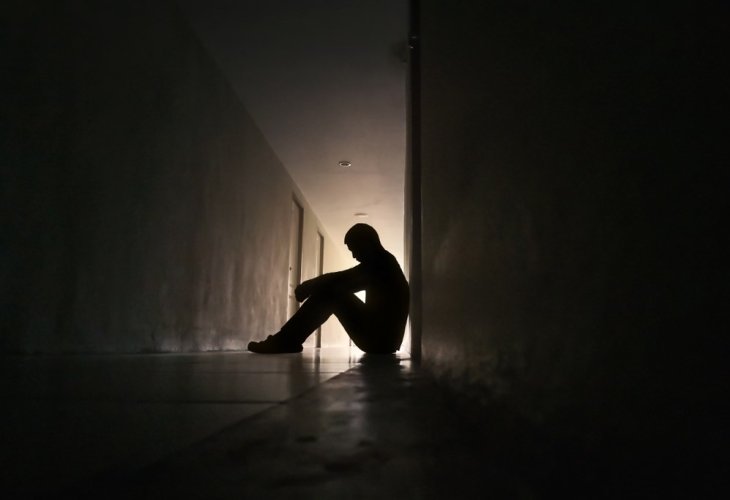Beginners Guide
Feeling Unmotivated to Strengthen Your Faith? This Might Be the Reason
Why do we sometimes feel depleted from performing mitzvot and seem to gain no energy from spiritual growth?
 (Photo: shutterstock)
(Photo: shutterstock)Rabbi Yehuda Mendel from Lakewood spoke in one of his lectures about the impacts of low self-esteem, stating, "A person suffering from low self-esteem has weakened spiritual growth potential, and even their ability to influence others can be diminished."
"When you see many people struggling with this, it's a sign that the yetzer hara invests a lot of energy in making people undervalue themselves. A very dear and talented young man, refined and of great character, a learned scholar with the ability to influence, came to me. However, his low self-esteem was a significant struggle. I explained to him that he must learn to appreciate himself, and I guided him in this matter. After some time, his self-confidence improved significantly. Not long after, about twenty scholars approached him at the yeshiva where he studied, asking if he would lead their group," shared the Rabbi.
When a person does not recognize the skills and talents given to him by Hashem, he cannot express them through positive actions and service to Hashem.
The Rabbi continues to explain that what we think about ourselves reflects outward, and accordingly, our environment responds to us. "I can tell you from personal experience. I teach at a Torah institute. Once, about thirteen years ago, I felt tired from my job and thought of myself as useless, and that my actions and efforts have no value in my work. As I left the classroom, another teacher approached me and, with a smile, said, 'Ahh, looks like you're just wandering around idly'. It was surprising to see that what I thought about myself, others thought too. This is truly the secret – when a person does not appreciate themselves, their environment senses and agrees with it. Conversely, when a person values themselves, their surroundings feel it and acknowledge it too.
"Rabbi Yaakov Galinsky zt"l once told me 'You can't hide your feelings,'. Emotions are transparent- how you feel about yourself is how others will feel about you.
'Your life comes first' – as ruled by Rabbi Akiva, the same Rabbi Akiva who said, 'Love your neighbor as yourself, this is a great principle in the Torah.' Start appreciating yourself, and you will feel growth and advancement in serving Hashem," concluded the Rabbi.
Rabbi Yigal Cohen conveyed a powerful message in one of his lectures regarding self-esteem: "If you don't know who you are, if you aren’t aware of your unique qualities and strengths, you're not fulfilling your purpose in this world," he explained, noting that each person is uniquely created. Just as no two people have the same face, each soul is unique. A person who doesn’t realize their uniqueness and importance cannot reach their potential. A person who doesn't recognize their significance won't see the value in their actions, and will lack motivation for doing good. Someone who sees the good within them and acknowledges their positive points, recognizing the importance of their actions, will be motivated to continue doing good. When a person knows what they’re good at, and how crucial and meaningful it is, they gain the strength to act and succeed.
Rabbi Yigal Cohen further explained that a person needs to identify their weaknesses to correct them, but emphasized that they must also know their strengths and appreciate the good they do. "If you recognize the good things you've done so far, you'll continue to do good because you'll have the energy, enthusiasm to keep doing good. But if you constantly focus solely on your flaws and shortcomings, you extinguish your own light," he said.
"This yetzer hara is called 'What are you worth, and what are your mitzvot worth?!' If you understood the magnitude of joy you bring to Hashem when you perform a mitzvah, you would be filled with immense delight and the energy to continue doing good.
"A person must know that their actions are tremendous in the eyes of Hashem. When a person knows their worth, they become joyful in the good actions and mitzvot they perform," the Rabbi concludes.
 עברית
עברית

